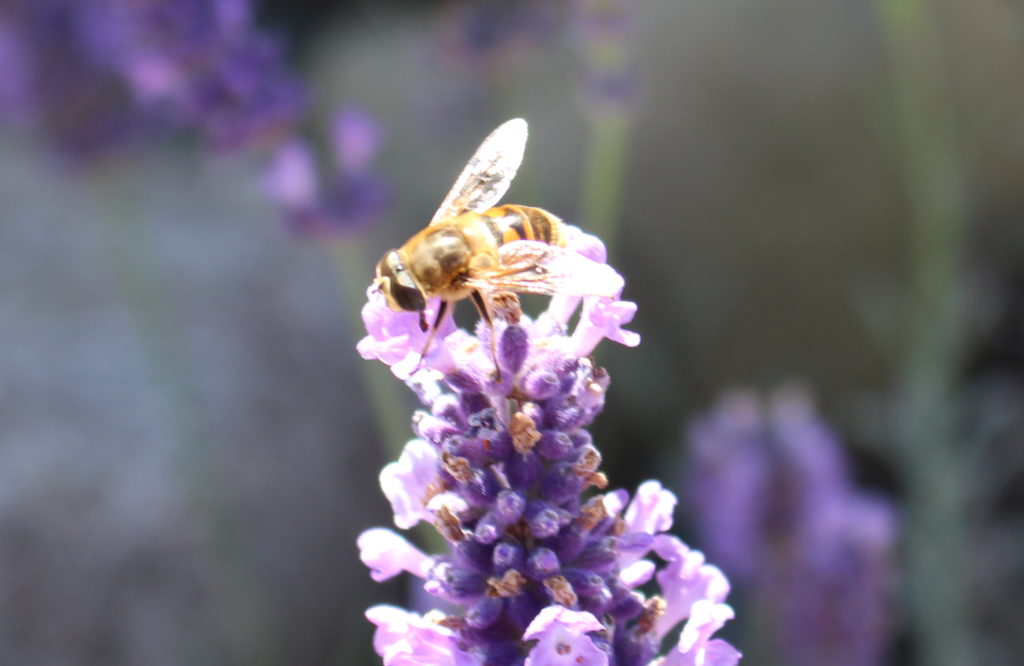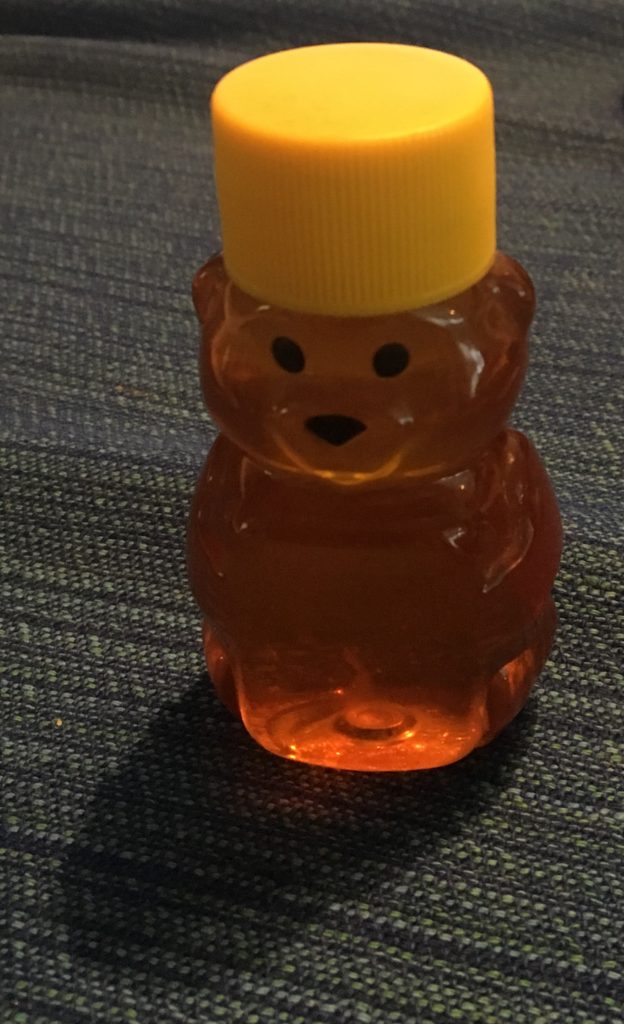Honeybees… How Sweet it is.
My introduction to honeybees probably occurred when I was very young… I do not remember the exact encounter. My grandfather kept honeybees. I do not have any memories of this, but I know that he always had a garden and he must have recognized the benefits of keeping honeybees – both as pollinators and as producers of honey. The first bee sting I remember was from a nest of ground bees (which still aren’t my friends) that had taken up residence in a dirt pile in front of a house that my parents were having built (I was probably 4 or 5 years old). It was particularly memorable because I got nailed in the butt while playing on that dirt pile and it was rather painful to sit down for a few days.

About 14 years later, when I was in high school, I took an interest in keeping honeybees. I had 2 or 3 hives and did not need to manage them like a beekeeper now has to. (Today a beekeeper faces numerous challenges that were not as prevalent back then — varroa mites, Colony Collapse Syndrome, etc…) When I went to college I did not have the time nor the inclination to keep bees. My sister has since taken up keeping bees and now maintains about 28 hives. I have, on occasion, assisted her in the bee yard and find that I continually learn new things about these amazing insects.
Honey bees can provide a variety of products that are of benefit to people. Honey, beeswax, pollen, royal jelly, and propolis (a sticky resin which is used by the bees as a glue in the hive). Perhaps the largest benefit bees provide is the role they play in pollination. Unlike other pollinators, honey bees are easily moved and placed where they are needed for pollination. Without honey bees the costs of fruits, vegetables, nuts and seeds would be much greater than what they are today.

Some beekeepers move their bee colonies to provide pollination services (for a fee) many times during a season. Others, like my sister, maintain apiaries in good honey producing locations and get a good honey crop without having to move their bees. I am pretty passionate about pollinators because I know that they are a very necessary component in agriculture and seeing that food is put on the table.
Einstein is quoted as having said, “If the bee disappeared off the surface of the globe, then man would have only four years of life left. No more bees, no more pollination, no more plants, no more animals, no more man.”
I suspect that I will, someday soon, once again take up beekeeping… it is a sweet thing!
For more information on beekeeping or pollination services check out the links below. Most states have beekeepers’ associations or clubs that could also provide information or services. Usually, state agricultural extension educators can provide information on how to get involved.
Links:
American Beekeeping Federation: https://www.abfnet.org
American Honey Producers Association: http://www.americanhoneyproducers.org
Michigan Beekeepers’ Association: http://www.michiganbees.org
Dadant Beekeeping Supplies: http://www.dadant.com

Recent Comments